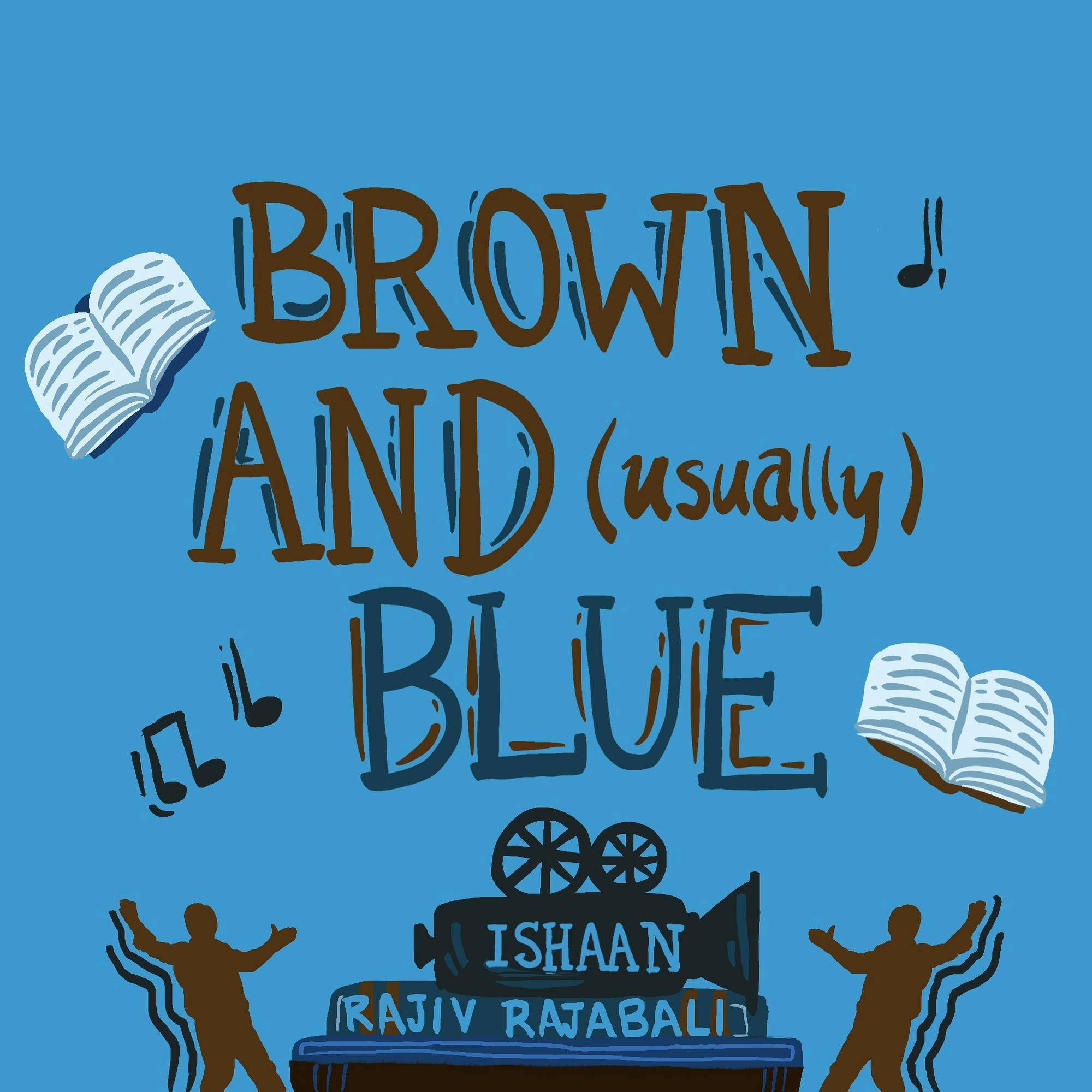Salman Rushdie, famed Indian novelist, seems to have occupied the liminal space between fame and notoriety since the beginnings of his literary career. His second novel “Midnight’s Children” (1981) won him fame, admiration and the Booker Prize; his fourth, “The Satanic Verses” (1988), forced him to go into hiding as he reckoned with the potent forces of censorship and violence. It is not challenging to find an author with a life as tumultuous as the stories they spin, but rarely is it as brilliant as Rushdie’s. And this brilliance continues to define his work, as proven by his 2024 memoir “Knife: Meditations After an Attempted Murder,” published this April, a mere two years after he was attacked on stage at the Chautauqua Institution in August 2022.
In “Knife,” Rushdie bares his heart and soul for his audience, delving deep into the web of trauma, struggle and fortitude that recovery from his attack has demanded of him. Having spent a great deal of his life coping with the fatwa issued against him by the Iranian government for “The Satanic Verses,” he is tired of running. His latest book reads as a celebration of strength, an ode to the solidarity of family, friends and readers, and, most importantly, a defiant statement of vitality. Rushdie takes ownership of being attacked and gives it back to the shadow of hate that has followed him in the best way possible: by living. Not existing. Living.
Rushdie’s striking talent to weave a host of subjects into a single narrative gives readers a raw yet cohesive insight into the workings of his mind. His meditations take us through philosophical meanderings on privacy, earnest vulnerability on the nature of wounds both physical and mental, and sardonic takes on generational shifts. There is a gratifying universality to his musings and memories. Anyone stricken by a crush will relate to his embarrassment at walking into a glass door upon first meeting his future wife, poet Rachel Eliza Griffiths. This book is also a love letter to her support and strength through his recovery, tracing their journey from their very first meeting in 2017.
Ownership and agency pervade as key themes in Rushdie’s memoir. He consciously deprives his would-be killer of a name, referring to him as “A,” and even turns the attacker’s “twenty seven seconds of fame” into four imagined interviews in a chapter. He takes hold of the narrative, refusing to be seen as a victim. Despite having endured police protection and assassination attempts, a life in hiding is what seems to have taken the hardest toll. In such moments, Rushdie muses that only he could dictate when it would be safe again. Accusations of blasphemy, allegations that he considers untrue, nevertheless hold the potential for violence. He commits to pushing back against false narratives in this second chance that he has received.
Rushdie’s reflections do not operate in a vacuum today. As India heads to the polls this month, and the nation continues to negotiate with its “tryst with destiny” (to quote our first Prime Minister Jawaharlal Nehru), Rushdie’s words are more relevant than ever. The hatred that drove his attacker is no different from what is being peddled in the largest democracy in the world, as we so proudly call ourselves. The legal label of “hurt sentiments” has been used to oppress and attack minorities, silence sources of dissent and even rewrite history. How can one combat narratives of fear, especially those that are distorted for the purpose of division? By writing stories of hope, tales to unite a polarized society. It is perhaps best said in Rushdie’s own words, in a speech he gave at the United Nations in 2022. Describing Orpheus, the Greek hero who kept singing even after his head was torn from his body, Rushdie said, “We can emulate Orpheus and sing on in the face of horror, and not stop singing until the tide turns, and a better day begins.”






